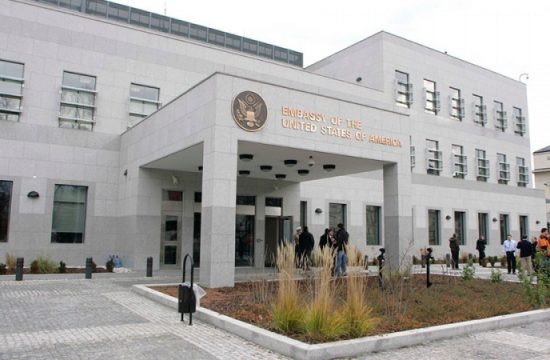
The number of migrants coming in Bosnia and Herzegovina has “drastically” decreased and those who are in the country do not want to stay, according to Bosnia’s Security Minister Dragan Mektic.
Mektic addressed a press conference in Banja Luka on Sunday, saying that the exact number of migrants whose entry into Bosnia was registered is 14,969, of which 13,958 expressed an intention to seek asylum, but only 399 actually did that.
“The number of migrants has drastically decreased and as the winter is approaching that number will be even lower. We will try hard to protect the borders in the best way and to prevent their entries,” said Mektic.
Bosnia has been struggling for the past months with the increasing number of migrants who have been entering the country on their way to the western European countries after the routes through other Bosnia’s neighbouring countries were closed.
The migrants mostly from Afghanistan, Syria, Iran and Iran were usually crossing from Serbia or Montenegro.
Mektic said the migrants were unwilling to stay in Bosnia nor were they interested in the asylum. They only register to temporary regulate their status in Bosnia, he added.
Based on the readmission agreement with the neighbourliness countries Bosnia accepted 761 migrants, according to the Minister, and 1,102 migrants were sent back from Bosnia based on the same rules.
“They mostly come from Serbia, towards Visegrad, Zvornik and Bijeljina, and they are crossing the Drina river to enter Bosnia and Herzegovina illegally,” he stressed.
Besides the border control, the accommodation of migrants was an issue Bosnian authorities have been struggling the most with. One of the reasons why the migrants could not be accommodated in the facilities of Agrokomerc company, in the northwest of Bosnia, was due to the objection of local authorities in the municipality of Velika Kladusa.
According to Mektic, the head of the municipality was deliberately obstructing it although the state authorities would cover all the costs for the migrants’ stay there.



